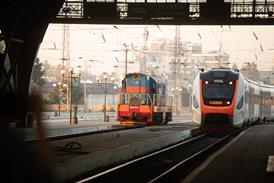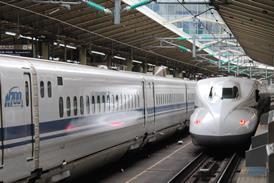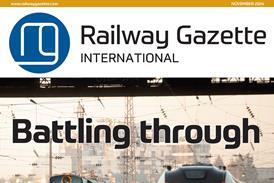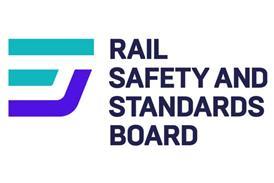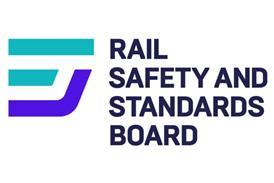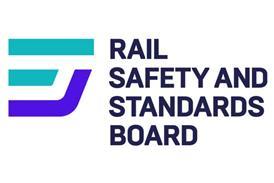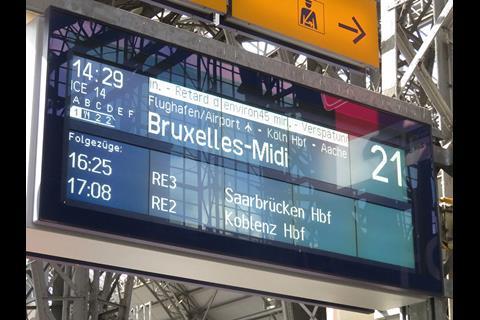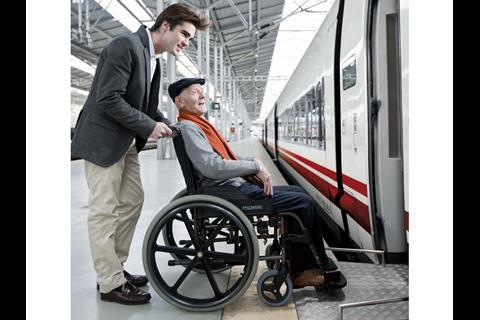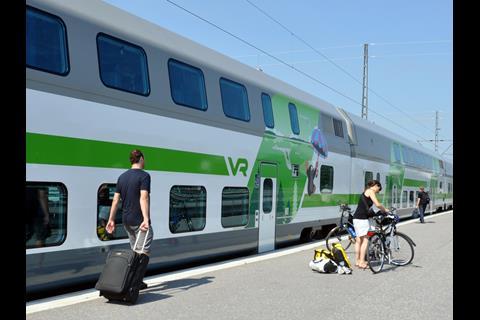EUROPE: Members of the European Parliament voted in favour of proposed changes to increase rail passengers’ rights at a plenary session on November 15.
MEPs voted 533 in favour of the proposed changes and 37 against with 47 abstentions. Once the European Council has adopted its position, trilogue negotiations will start on the final wording of the recast of the existing EU regulation COM(2017)0548.
Changes would include increasing compensation from the current 25% to 50% of the ticket price for delays longer than 60 min, 75% for more than 90 min and 100% for more than 120 min, in addition to maintaining the right to continue the journey or be rerouted. MEPs rejected proposals for an exemption in the case of force majeure, and clarified that passengers issued multiple tickets for a multi-leg journey would have the same rights as those holding a through ticket.
Assistance for people with reduced mobility should be free of charge. At stations with more than 10 000 passengers/day assistance should be available on turn-up-and-go basis, with 3 h notice needed for stations with 2 000 to 10 000 passengers/day and 12 h for stations used by fewer than 2 000 passengers/day.
New and refurbished trains including those on high speed and local services would be required to have ‘well‑indicated spaces to transport assembled bicycles’.
Temporary exemptions used by a number of member states to apply only parts of the 2009 rules must be end within a year of the amended rules entering into force.
The ALLRAIL association of new market entrants welcomed the vote. ‘Today’s vote will help the future growth of EU passenger rail’, said Secretary General Nick Brooks. ‘The upcoming market liberalisation means there will be more operators offering services, and digitalisation will give passengers a better overview of what rail tickets are available.’ He said the changes would ‘make passenger rail more attractive, encouraging new customers to take the train’, adding that ‘we very much hope that the EU member states will follow suit and support these advancements in rail ticketing.’
The Community of European Railway & Infrastructure Companies was less enthusiastic about the adopted text, saying it would lead to ‘unwanted consequences including an immediate surge in ticket prices, discontinuation of rail services and/or stops of trains at stations due to the inability to cope with the proposed provisions’.
CER said passenger experience and cost were ‘decisive factors’ for customers choosing a transport mode, arguing that rail would be disadvantaged because coach and air operators would not have to meet the same requirements.
It estimated that the delay compensation thresholds and deletion of the force majeure provision would cost €600m/year, and ‘the impact is even bigger taking into account the proposed forced staffing of stations and trains at all times, the forced refurbishment of all existing trains to accommodate eight assembled bikes, and the unlimited liability of railway undertakings for tickets packaged and sold at the discretion of ticket vendors and including train connections the operators were not aware of or did not commit to.’



